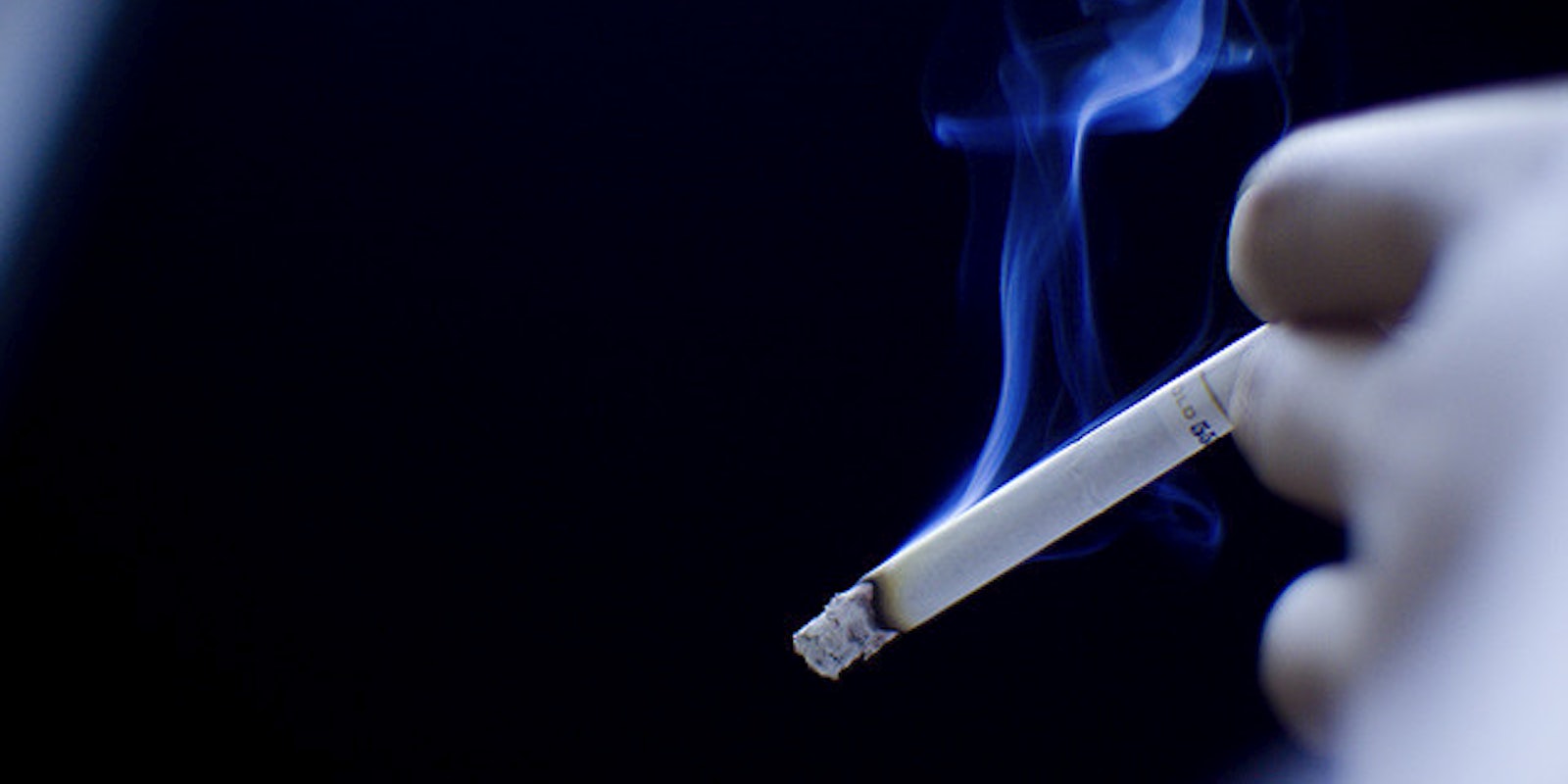A recent study suggests that certain types of media use may be harder to resist than alcohol or cigarettes. But does that meant that Facebook is addicting?
The soon to be published study, led by Wilhelm Hofmann at University of Chicago at the Booth School of Business, was conducted by giving 205 participants BlackBerrys to gauge their desire to engage with them.
The participants, located in Würzburg, Germany, were then sent seven questionnaires at random times of the day for a period of one week. The questionnaires asked whether the participants felt a desire within the last 30 minutes, the type of desire they felt, and how strong the desire was. The study developed two main findings.
“The first main finding was that desires for media use were more frequent than we expected,” said Hofmann, who defined media use as television, social media, and gaming.
The second main finding indicated that media use is more difficult to resist than other desires, including tobacco and alcohol.
But calling Facebook more addictive than tobacco and alcohol may be premature.
“This finding does not necessarily show that media and work desires are more ‘addictive’ than other desires such as those for alcohol and cigarettes,” a non-technical summary of the study explained. “Our study window of one week did not allow us to take a look at whether desires for these domains become more frequent and intensive over longer time spans.”
According Pamela Rutledge, director of the Media Psychology Research Center in California, much of the reaction to the study has been inaccurate
“Contrary to most headlines … the study does not measure addiction,” Rutledge told the Daily Dot. “It measures the subjective strength of desire and the perceived conflict participants felt when they experienced sensations of desire in one of several domains.”
In an article by The Guardian, Hofmann explained that media may be harder to resist because it appears to be less dangerous.
“Desires for media may be comparatively harder to resist because of their high availability and also because it feels like it does not ‘cost much’ to engage in these activities, even though one wants to resist.”
Rutledge echoed similar sentiments.
“The cost of giving into media use is much lower than that of tobacco or alcohol,” Rutledge said. “Where there can be significant social costs to drinking or smoking, using media is largely positive unless it hampers other activities or goals.”
However, the study does not rule out that addiction could develop from undesired use of media.
“Although these results do not speak directly to addiction,” Hofmann said,“they give us some clue about why it might be relatively easy to develop media addiction or why it might be so hard to abstain (once addicted): Media are everywhere and easily accessible.”
Unplug now—while you still can.
Photo by DucDigital


